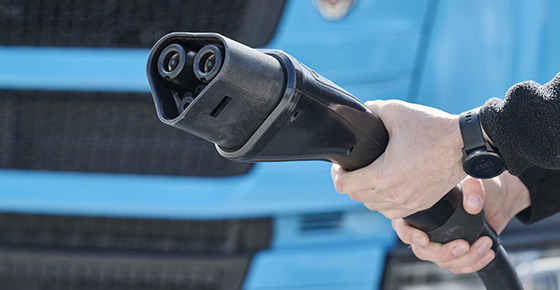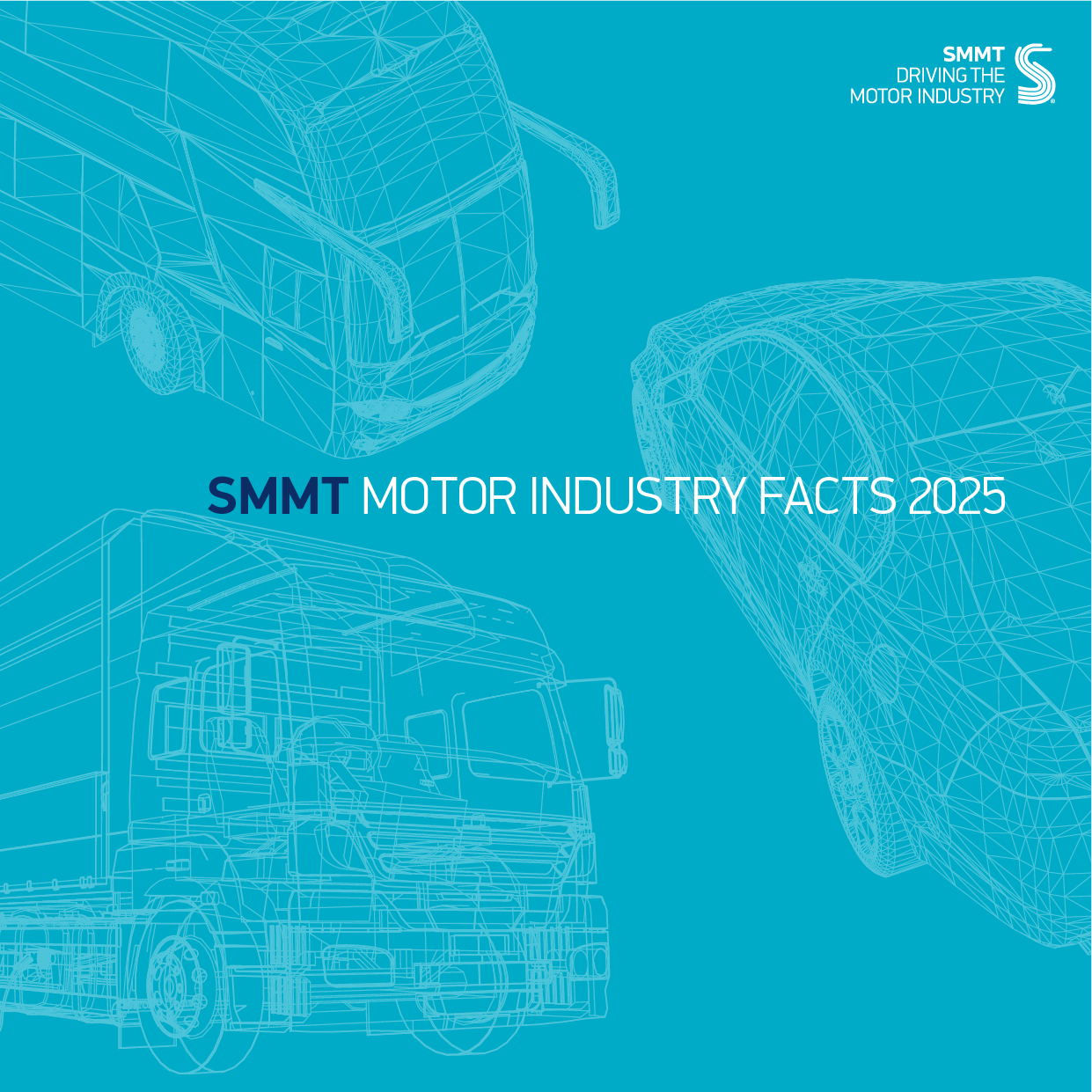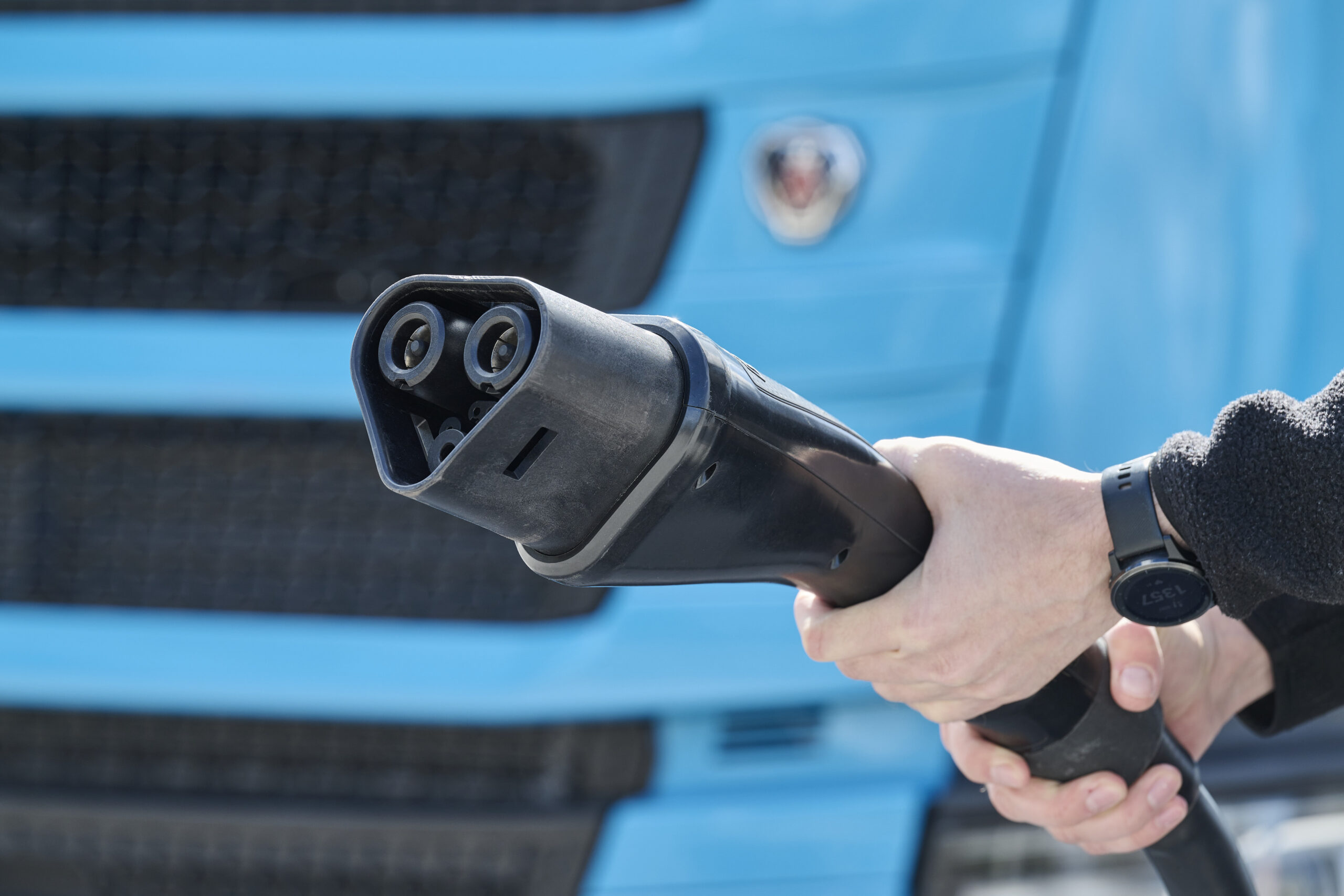

Climate change remains the critical challenge of our time and the automotive industry’s 26th Sustainability Report, published this week by SMMT, shines a light on the significant progress the sector continues to make in driving down its environmental impact. Improvements are visible across both production and market with a -2.4% fall in energy required to make a vehicle, despite declining volumes, and average new car tailpipe CO2 emissions down -6.2%.
The UK’s vehicle plants generated a record 60.3GWh of renewable electricity last year – thanks to widespread investment in solar panels and wind turbines – generating almost a third more electricity on site compared with 2023 and helping save almost 12,500 tonnes of CO2. However, with electrified models – which require more energy to manufacture than conventionally fuelled vehicles – accounting for more than a third (35.4%) of UK new car production in 2024, and with new zero emission models and gigafactories in the pipeline, overall demand for affordable clean energy is set to grow exponentially.
Manufacturers are doing what they can to reduce their dependence on external supplies of clean energy, investing in on-site generation and planning for significant expansions. Lengthy grid connection timelines, however, currently averaging nearly 14 years, risk slowing down progress which is why changes to planning and the UK’s energy mix are urgently needed. With the UK already paying the highest electricity prices in Europe, this is a direct competitiveness issue.
Government has acted with its landmark Industrial Strategy, but we need rapid implementation of its reforms which could reduce electricity bills by a fifth, easing the non-competitive costs the UK sector faces. The proposed relief on standing charges, which will apply to battery production and other energy intensive industries, should also be afforded automotive businesses given their trade intensity and central role in the delivery of net zero.
Our sector has already made huge strides, developing zero emission vehicles and technologies, decarbonising manufacturing processes, and investing in new skills. With cheaper energy costs and better grid connections for renewables, the industry can do even more, providing an internationally competitive low-carbon, lower cost manufacturing environment to deliver new jobs and growth across the UK.
SMMT Update
Sign up to the SMMT Update Newsletter for weekly automotive news and data
"*" indicates required fields


